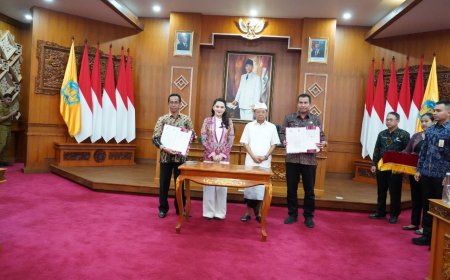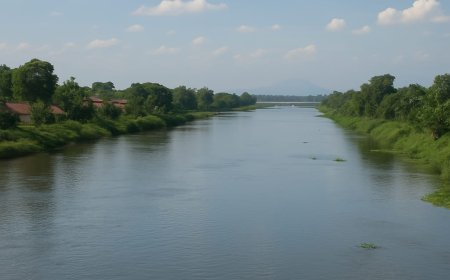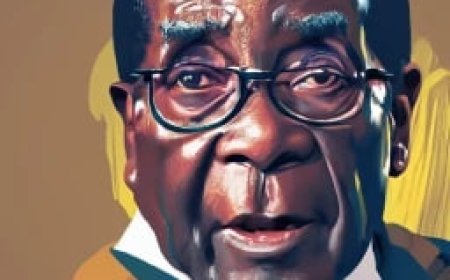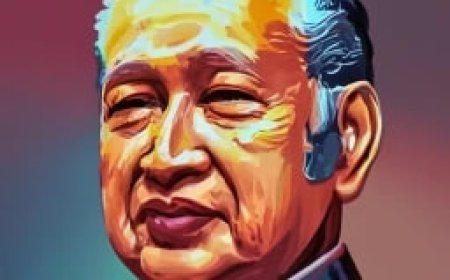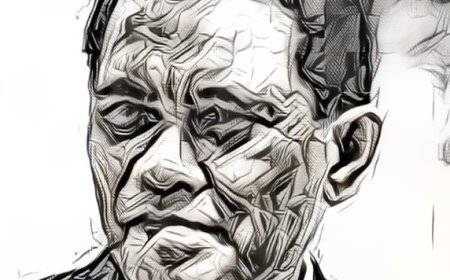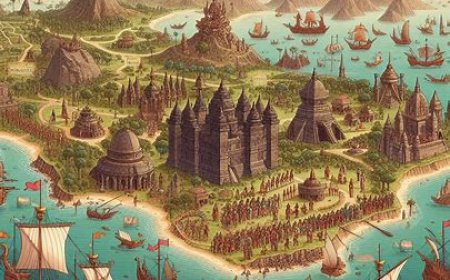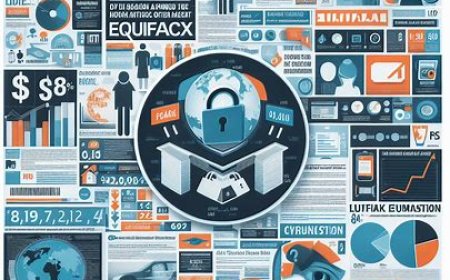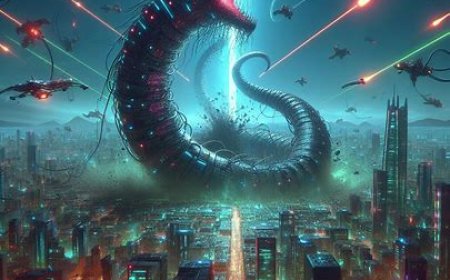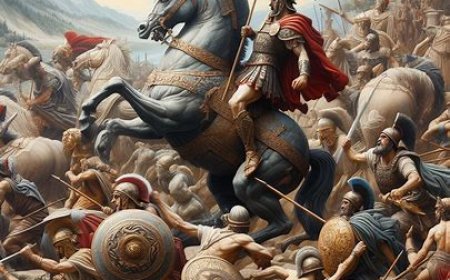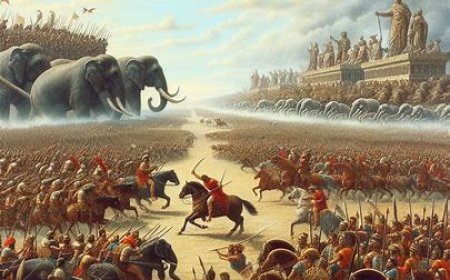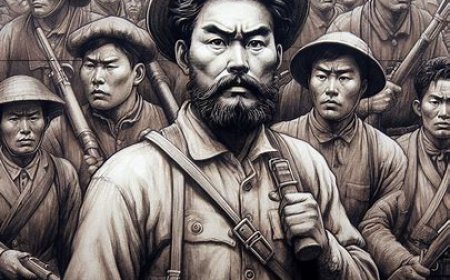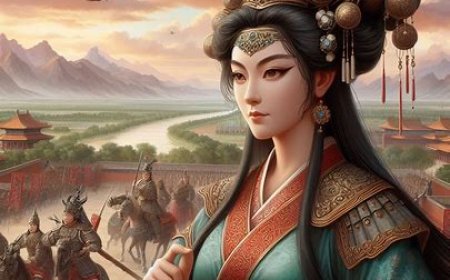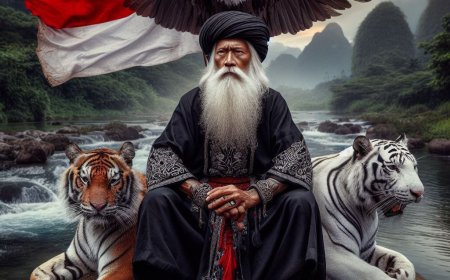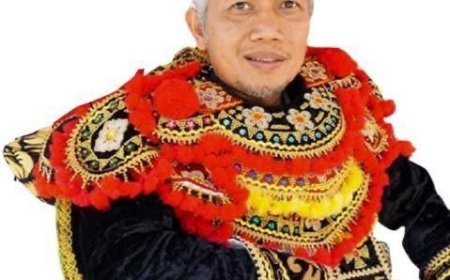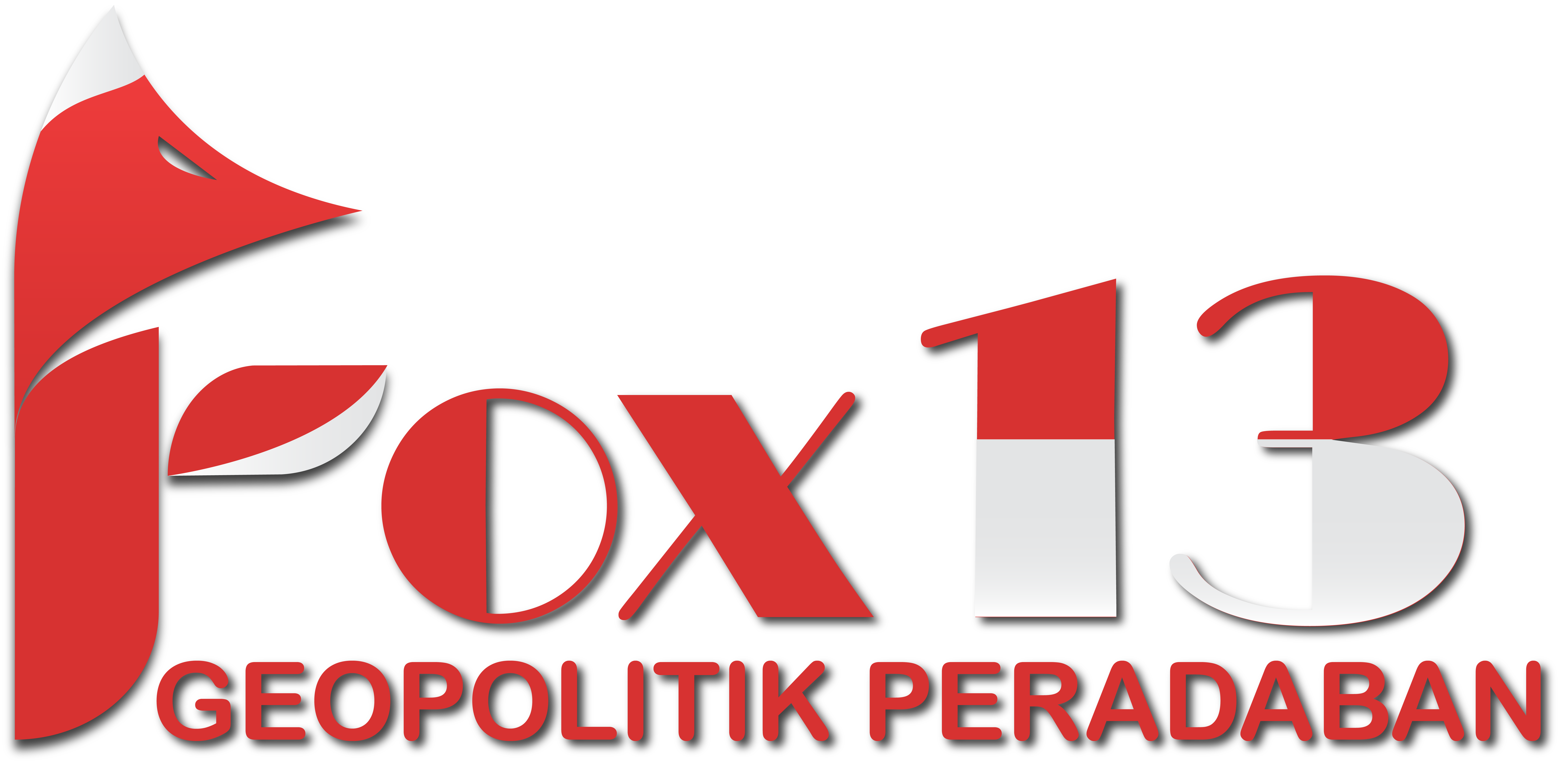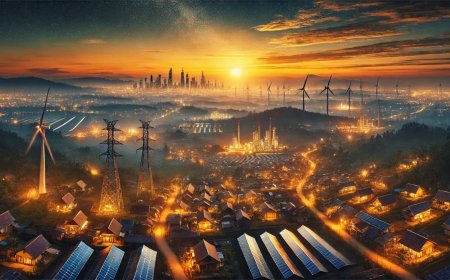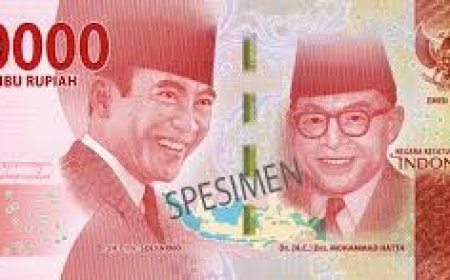Between Solidarity and Tension: COVID-19 Pandemic and Geopolitical Dynamics
The COVID-19 pandemic has shaken the balance of power and brought significant impacts on global geopolitics. Responses and adaptations to these events can shape the map of power and international cooperation in the future.
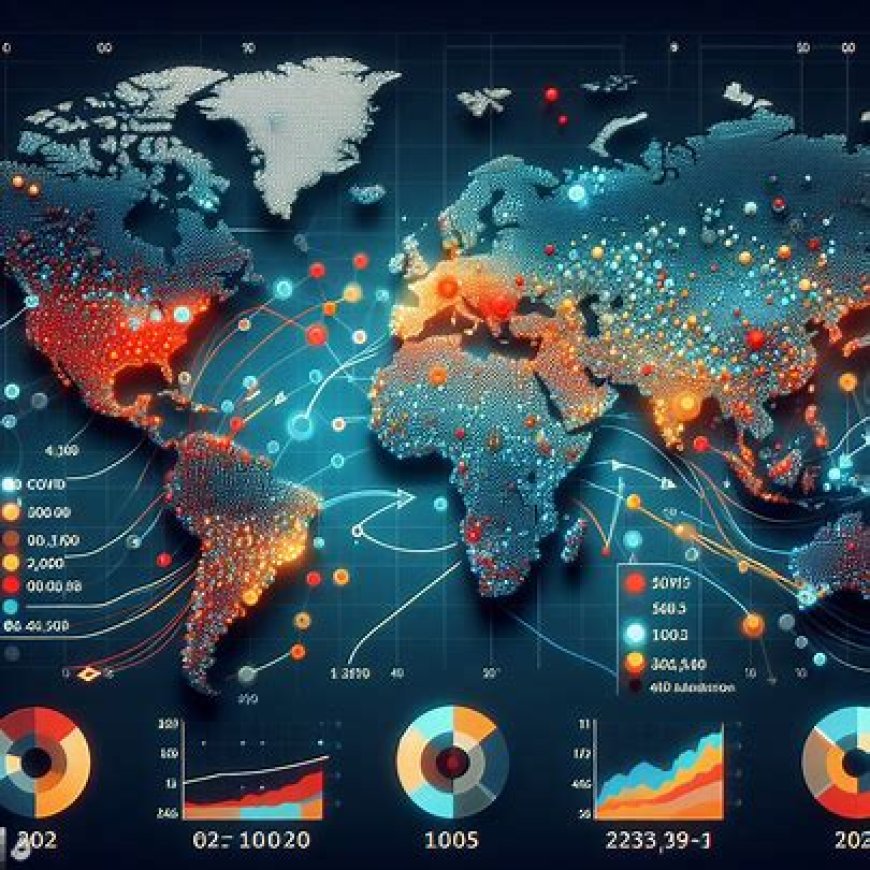
COVID-19, or Coronavirus Disease 2019, is a global pandemic caused by a new type of coronavirus known as SARS-CoV-2. The pandemic began in late 2019 when a series of mysterious pneumonia cases were reported in Wuhan, China. In January 2020, Chinese scientists identified the virus, later named COVID-19. Due to the rapid spread of the virus, the World Health Organization (WHO) declared COVID-19 a global pandemic in March 2020. The spread of the virus triggered a massive response from countries worldwide, including travel restrictions, lockdowns, and other preventive measures. Besides the health impacts, this pandemic has also seriously affected economic, social, and psychological aspects of society. The development of COVID-19 vaccines has been a crucial milestone in efforts to control the virus's spread and mitigate the pandemic's impact. Despite mass vaccination efforts, challenges persist, including the emergence of new variants that require ongoing adaptation in prevention and control strategies. Thus, COVID-19 has become one of the biggest global health challenges in modern history, requiring international cooperation and collective efforts to overcome.
Here is the main chronology of the COVID-19 pandemic:
1. December 2019: In this month, a series of unknown pneumonia cases were reported in Wuhan, Hubei Province, China. These cases were initially linked to a seafood market in Wuhan.
2. December 31, 2019: The Chinese Center for Disease Control and Prevention (CDC China) informed the World Health Organization (WHO) about pneumonia cases emerging in Wuhan.
3. January 2020:
Early January 2020, Chinese scientists identified the new virus as a coronavirus, later named SARS-CoV-2. The disease it caused was named COVID-19.
On January 23, the Chinese government announced the temporary closure of public transportation in Wuhan as an effort to control the virus's spread.
4. March 2020: COVID-19 was officially declared a pandemic by WHO on March 11, 2020. This decision was based on the rapid global spread of the virus and its significant impact on global public health.
5. April - June 2020: Numerous countries implemented quarantine measures, lockdowns, and travel restrictions to control the virus's spread. Economic sectors faced serious disruptions, and many people worked from home.
6. December 2020: The first COVID-19 vaccine, developed by Pfizer-BioNTech, was approved for emergency use in several countries.
7. January - June 2021: Mass vaccination processes began in various countries to achieve herd immunity. Several virus variants, such as Delta, emerged, causing new concerns.
8. November 2021: In November 2021, WHO announced a new variant called Omicron, which had several mutations and raised global concerns.
9. 2022 and Beyond: Vaccination and pandemic control efforts continue worldwide. Responding to new variants becomes a crucial focus in combating virus spread.
The COVID-19 pandemic continues to evolve, and future events depend on factors such as global vaccination, government responses, the emergence of new variants, and societal adaptation to the ever-changing situation.
The COVID-19 pandemic has created several significant geopolitical events worldwide. Some geopolitical impacts arising from this pandemic include:
1. Bilateral Relationship Tensions: The pandemic has exacerbated tensions in bilateral relationships between some countries. Inequality in access to medical resources, such as vaccines and medical equipment, and disputes over the origin of the virus have created geopolitical tensions.
2. Changes in Global Economic Dynamics: There has been a shift in global economic dynamics. Some countries that effectively managed the pandemic gained economic advantages and geopolitical superiority, while countries experiencing heavier economic impacts may face new geopolitical challenges.
3. Competition for Vaccines: Fierce competition occurred in the development, production, and distribution of COVID-19 vaccines. Countries competed to secure vaccine supplies, creating geopolitical tensions and highlighting global healthcare access inequalities.
4. Changes in Regional Integration: The pandemic has affected regional integration. Some regional blocs experienced changes in dynamics and closer coordination in addressing the pandemic's impact, while others faced divisions or lacked coordination.
5. Global Security Uncertainty: Global security uncertainty emerged related to the pandemic. Countries' focus on handling domestic issues may affect their involvement in global security issues such as regional conflicts or non-proliferation concerns.
6. Government Priority Shifts: Government priorities have shifted. Countries are more focused on public health and economic recovery than specific geopolitical issues, creating changes in diplomatic emphasis and foreign policy.
7. Impact on Defense and Security: Some countries increased attention to the defense and security sectors, shifting resources to address potential new challenges, including global health threats and related geopolitical uncertainties.
8. Global Cooperation and Interdependence: There is a reassessment of global interdependence, particularly in terms of supply chains and international cooperation. Some countries may seek to increase self-reliance in specific sectors in response to geopolitical uncertainties.
The COVID-19 pandemic has shaken the balance of power and brought significant impacts on global geopolitics. Responses and adaptations to these events can shape the map of power and international cooperation in the future.
(source: chatgpt)
What's Your Reaction?








